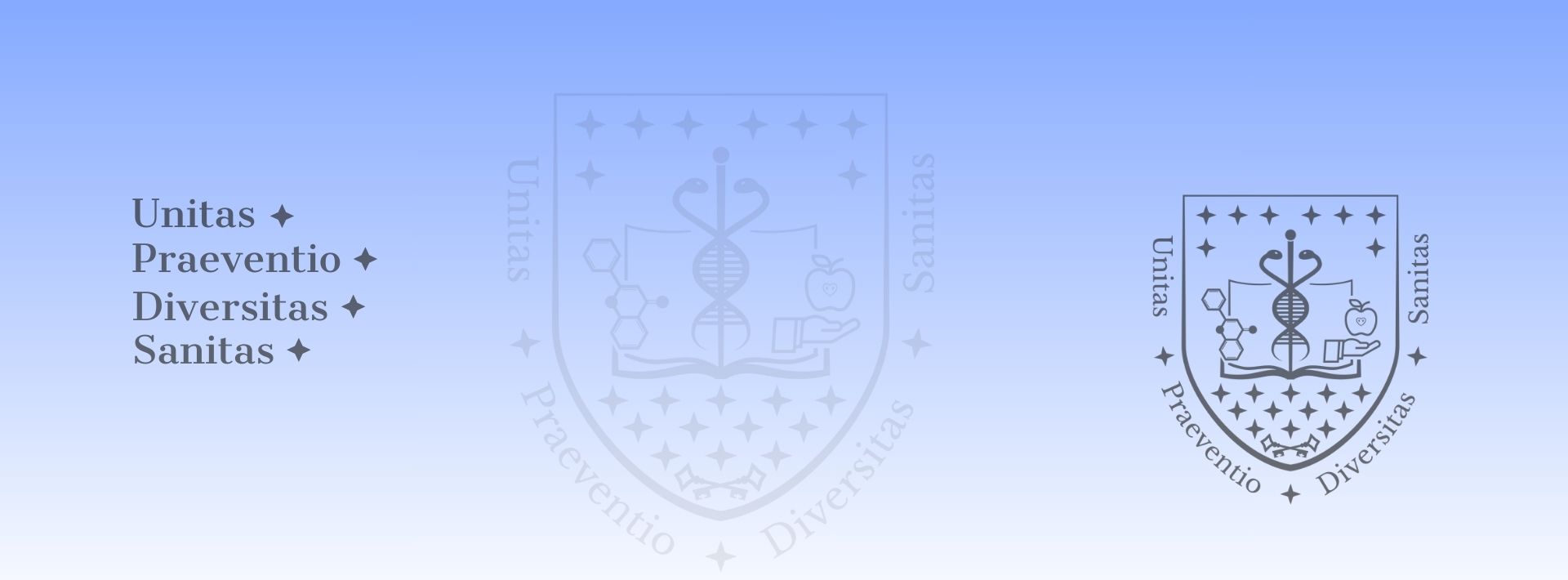Data
Official data in SubjectManager for the following academic year: 2024-2025
Course director
-
Gerencsér Gellért
assistant professor,
Department of Public Health Medicine -
Number of hours/semester
lectures: 24 hours
practices: 0 hours
seminars: 0 hours
total of: 24 hours
Subject data
- Code of subject: OXF-GFE-h-T
- 2 kredit
- General Medicine
- Optional modul
- both
-
Course headcount limitations
min. 5 – max. 30
Available as Campus course for . Campus-karok: GYTK TTK
Topic
Recent observations and forecasts have highlighted that global warming basically changes our environment and society. Furthermore, it has abruptly come forward to a significant factor influencing the human health with its direct and indirect effects. The course tries to familiarize students with the possible cause effect relations, the impacts on human health and answering the question whether the public health systems are capable to cope with the changed climate. The course also tries to give a viewpoint for the students to evaluate the etiological factors of the respective disease in the context of climate change.
Lectures
- 1. The natural fluctuation of atmospheric CO2 concentration, natural greenhouse effect - Bérczi Bálint Dániel
- 2. Earth’s energy budget (bare-rock model, radiative forcings) - Bérczi Bálint Dániel
- 3. The unnatural fluctuation of atmospheric CO2 concentration - The Keeling Curve - Bérczi Bálint Dániel
- 4. Imbalance in Earth’s energy budget, unnatural greenhouse effect - Bérczi Bálint Dániel
- 5. The disturbed ecosystem - possible, ecological and social responses, climate models, IPCC reports - Bérczi Bálint Dániel
- 6. The possible direct, indirect and socioeconomic health effects of global warming - Bérczi Bálint Dániel
- 7. The direct health effects I - Heat waves (Ω-block), urban heat islands - Bérczi Bálint Dániel
- 8. Increasing heat wave frequency - Disasters (2003 France), heat exhaustion, heat stroke, possible future tendencies - Bérczi Bálint Dániel
- 9. The direct health effects II - Aridity, droughts and desertification - Bérczi Bálint Dániel
- 10. Global situation of malnutrition (kwasiorkor, marasmus, mikronutrient deficiencies) - Bérczi Bálint Dániel
- 11. The direct health effects III - Changing intesity of hurricanes, El Niño and floods - Bérczi Bálint Dániel
- 12. Extreme weather events and infectious diseases - melioidosis, cholera, cryptosporidiosis - Bérczi Bálint Dániel
- 13. The indirect health effects I - Current tendencies of vector-borne diseases and zoonoses - Bérczi Bálint Dániel
- 14. Tendencies in horizontal and vertical occurrences of vectors and their pathogens, based on regional and local climate models (SRES, RCP) - Bérczi Bálint Dániel
- 15. The indirect health effects II - The changing pattern of waterborne diseases - Bérczi Bálint Dániel
- 16. Enterotoxic Escherichia coli (ETEC), Rotavirus, Vibrio cholerae caused diseases and their association with climate change - Bérczi Bálint Dániel
- 17. The indirect health effects III - Diminished air quality - Bérczi Bálint Dániel
- 18. Effects of heat waves on particulate matter and surface ozone. Respiratory and cardiovascular consequences. Increasing atmospheric CO2 and pollen concentration. - Bérczi Bálint Dániel
- 19. The indirect health effects IV - The possible effects on cryosphere, albedo and sea level - Bérczi Bálint Dániel
- 20. Socioeconomic effects - The possible future situation of agriculture and food industry - Bérczi Bálint Dániel
- 21. Changing climate, changing biodiversity - IUCN reports - Bérczi Bálint Dániel
- 22. The future size and dynamics of the environmental migration - Bérczi Bálint Dániel
- 23. Public health adaptation to climate change - Bérczi Bálint Dániel
- 24. Climate programs of public health - Health care delivery and access - Bérczi Bálint Dániel
Practices
Seminars
Reading material
Obligatory literature
-
Literature developed by the Department
Lectures will be uploaded to Neptun
Notes
-
Recommended literature
Climate Change: The Public Health Response. Howard Frumkin et al. Am J Public Health. 2008 March; 98(3): 435–445. https://www.ncbi.nlm.nih.gov/pmc/articles/PMC2253589/
General Practitioners’ responses to global climate change - lessons from clinical experience and the clinical method. Blashki et al. Asia Pacific Family Medicine 2012, 11:6. https://www.ncbi.nlm.nih.gov/pmc/articles/PMC3469365/
Apocalypse Never: Why Environmental Alarmism Hurts Us All by Michael Shellenberger
Fact-Checking the Fact-Checkers: An Open Letter. https://www.mindingthecampus.org/2021/09/10/fact-checking-the-fact-checkers-an-open-letter/
Conditions for acceptance of the semester
-
Mid-term exams
A written exam (simple choice) has to be done on the last occasion.
Making up for missed classes
Absence of 2x2 hours is acceptable, if it is exceeded the semester cannot be accepted.
Exam topics/questions
Neptun
Examiners
Instructor / tutor of practices and seminars
- Bérczi Bálint Dániel
